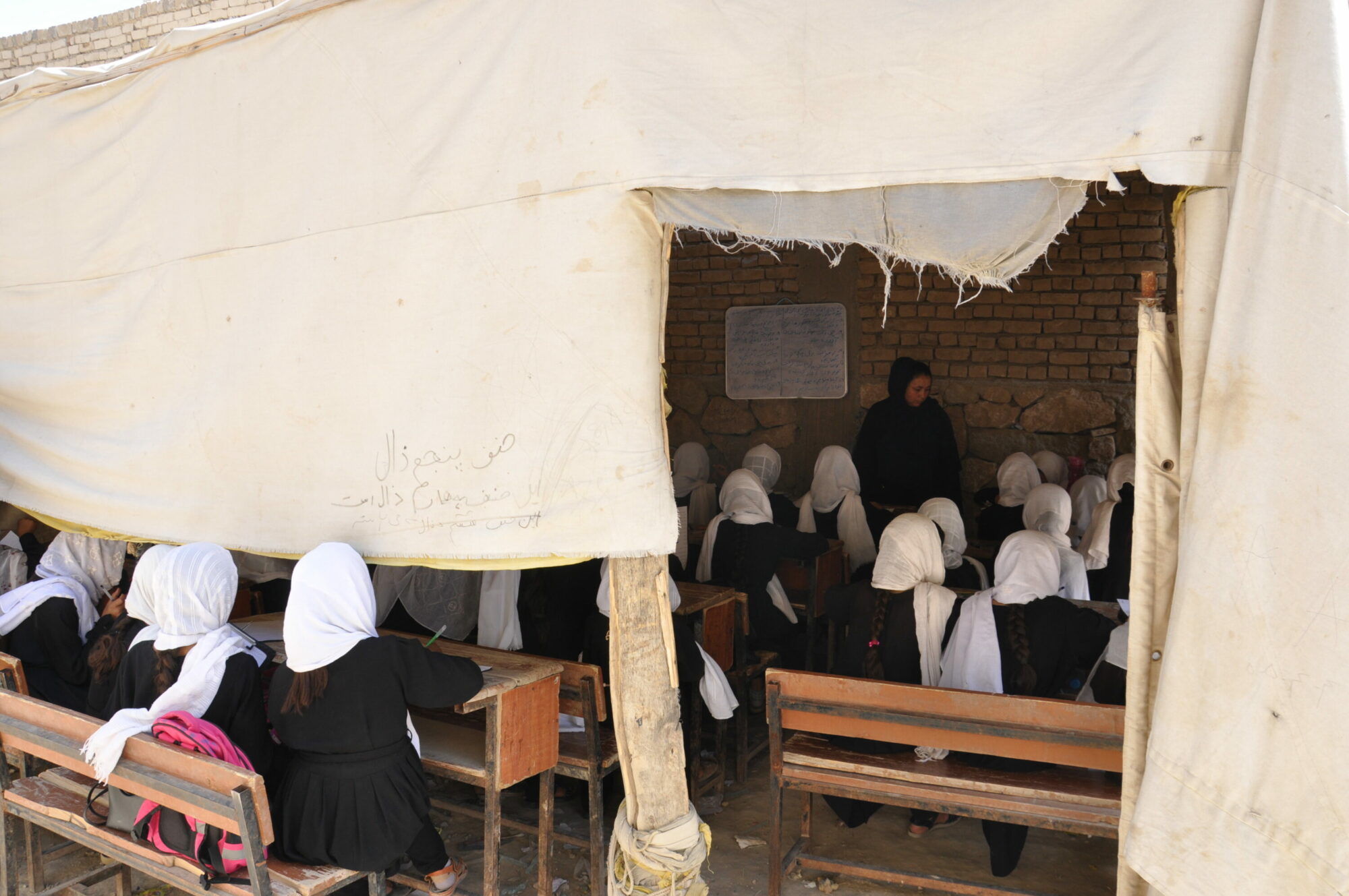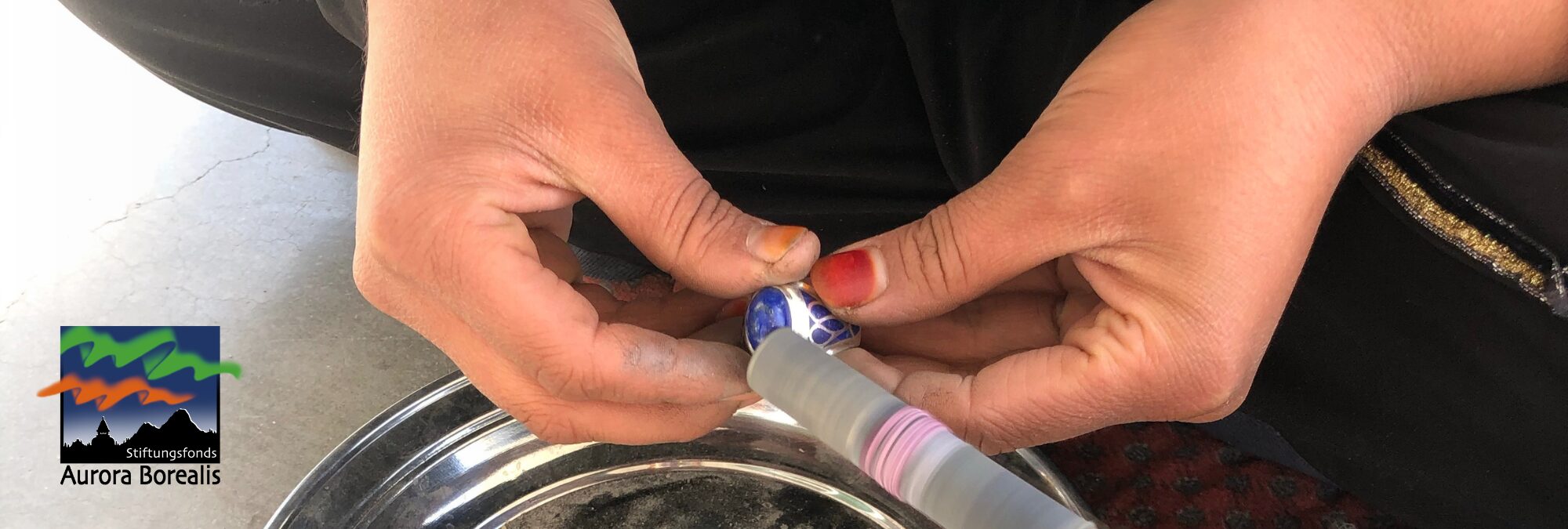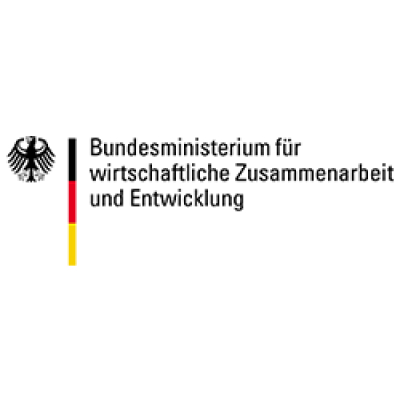
WASH-Program at 7 Schools
After the first WASH program (Water, Sanitation, Hygiene) started in the Otuke district in 2022, August 2023 marks the start of the project in the Alebtong region. At seven schools in rural northern Uganda, the project aims to improve hygiene standards, promote menstrual hygiene, raise awareness of mental health issues and develop sustainable school structures with the help of various workshops.
INITIAL SITUATION
The Alebtong region in northern Uganda is characterized by a weak infrastructure. Some of the inhabitants of the 547 villages live in isolation. Most families earn their own living and are dependent on the economic income from animal husbandry and the sale of their home-grown produce; child labor is part of everyday life here.
Due to past conflicts – northern Uganda suffered a 20-year civil war until 2008 – and the AIDS crisis in the 1980s, life expectancy is low. The region is characterized by high financial poverty and a large number of orphans. Poor or no water and sanitation facilities and inadequate educational infrastructure and facilities exacerbate the precarious situation.
LACK OF SPACE AND INADEQUATE SANITARY AND HYGIENE STANDARDS
The supported schools are among the most financially disadvantaged, as the education authority only supports them with basic expenses such as teachers’ salaries. Class sizes reach numbers of up to 180 pupils.
The hygienic standards of the schools are in a more than poor state, which means that female pupils in particular are absent from lessons due to their menstruation. There are currently between 108 and 213 pupils per latrine. These latrines are dilapidated and cannot be emptied, which is why they can no longer be used. Facilities for washing hands are not available.
School meals cannot be offered to the pupils as none of the schools have an oven. Access to fresh water is available at most schools, but the existing wells are dilapidated, so the water available to pupils and teachers is brownish. All of this means that pupils are less able to concentrate or are even absent from lessons altogether as they are not provided with food or drink on a long day.
NO CLASSES: SCHOOLS CLOSE FOR MORE THAN 2 YEARS
The Covid-19 pandemic has led to the closure of elementary school in Uganda for almost two years, which has further exacerbated the precarious education situation. Remote learning is out of the question, as most families do not have access to learning and educational materials, let alone sufficient equipment for online lessons. They are often dependent on their children’s labor, which is why many children have not even returned to school after the pandemic.
A statistical model predicts an educational deficit of 2.8 years for Ugandan pupils. Girls are often hit even harder: many more boys start school than girls. The illiteracy rate for girls aged 15 and over is around 26%, while the rate for boys is “only” 16%. (World Bank, as of 2021) The rate of teenage pregnancies in Uganda rose sharply, particularly in the context of school closures due to the pandemic – too often in the context of sexualized violence. In 2020 and 2021, a total of over 733,000 teenage pregnancies were registered in the country, including almost 200,000 in the first six months of 2021 (UNFPA 2021, 2022).
MENTAL HEALTH: MANY STUDENTS ARE AFFECTED BY MENTAL ILLNESSES
The conflicts described and the associated post-traumatic experiences as well as challenges such as hunger, HIV and Covid-19 have a strong impact on the mental health of students in Uganda. Mental illnesses are therefore widespread in schools, but usually remain unrecognized or are not addressed due to a lack of information and knowledge. Although, according to the Ministry of Education and Sport, the topic of mental health has been covered in lessons since 2022, lacks the necessary funding, qualified personnel and prioritization. As a result, mental illnesses often go undetected and pupils do not receive adequate support, which means that pupils are absent from lessons or do not attend classes. even drop out of school.






PROBLEM AND SOLUTION
The project focuses on three central points: Improving hygiene standards, increasing pupils’ knowledge of sexual maturity, puberty and menstruation, and promoting sustainable school structures.
In order to improve the hygienic situation at the schools, two blocks of barrier-free latrines will be built at each of the seven project schools, with an additional washroom for girls being integrated into the latrine blocks that can be used during their periods. Each block also offers the opportunity to wash your hands. In addition, a handwashing facility and a well will be built at each school, providing access to groundwater for the communities.
The topics of hygiene and virus prevention are explained to children and young adults in various workshops. Additional workshops on menstrual hygiene and puberty are held for older girls and boys in order to train them in the topics of sexual maturity and the associated possibility of pregnancy. During the workshop, students will also be taught how to make their own reusable sanitary pads from simple materials. Breaking down taboos and imparting knowledge to the entire student body helps ensure that students do not miss class because of their period and are not disadvantaged educationally.
Various workshops on the topics of mental health and inclusion are aimed at students, parents and teachers in order to be able to identify symptoms at an early stage and thus protect mental health and promote inclusion.
In order to promote sustainable school structures, we are strengthening the school management committees and the parent-teacher committees with the local project partner LTP (Link to Progress). In various workshops, parents and teachers can learn about measures to improve the school, which include, among other things, the maintenance and management of the new wells. The introduction of school meals is also a central issue. Meals at school help students learn more concentratedly or even participate in class. This increases the incentive for parents to send their children to school if they receive a meal there.




WHAT HAS BEEN ACHIEVED SO FAR
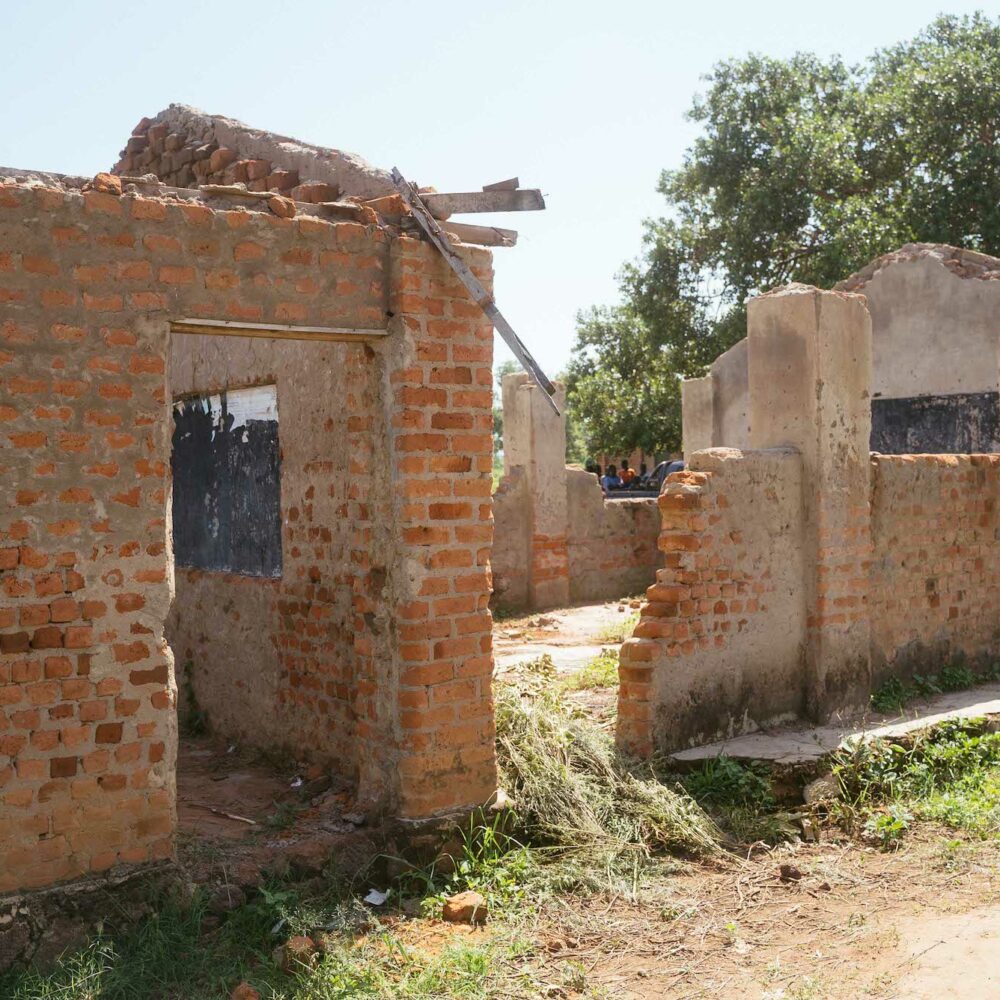
OFFICIAL PROJECT LAUNCH IN UGANDA
In August, the WASH program starts at seven schools in northern Uganda. The aim of the program is to improve hygiene standards, menstrual hygiene and the promotion of sustainable school structures.
Further educational projects
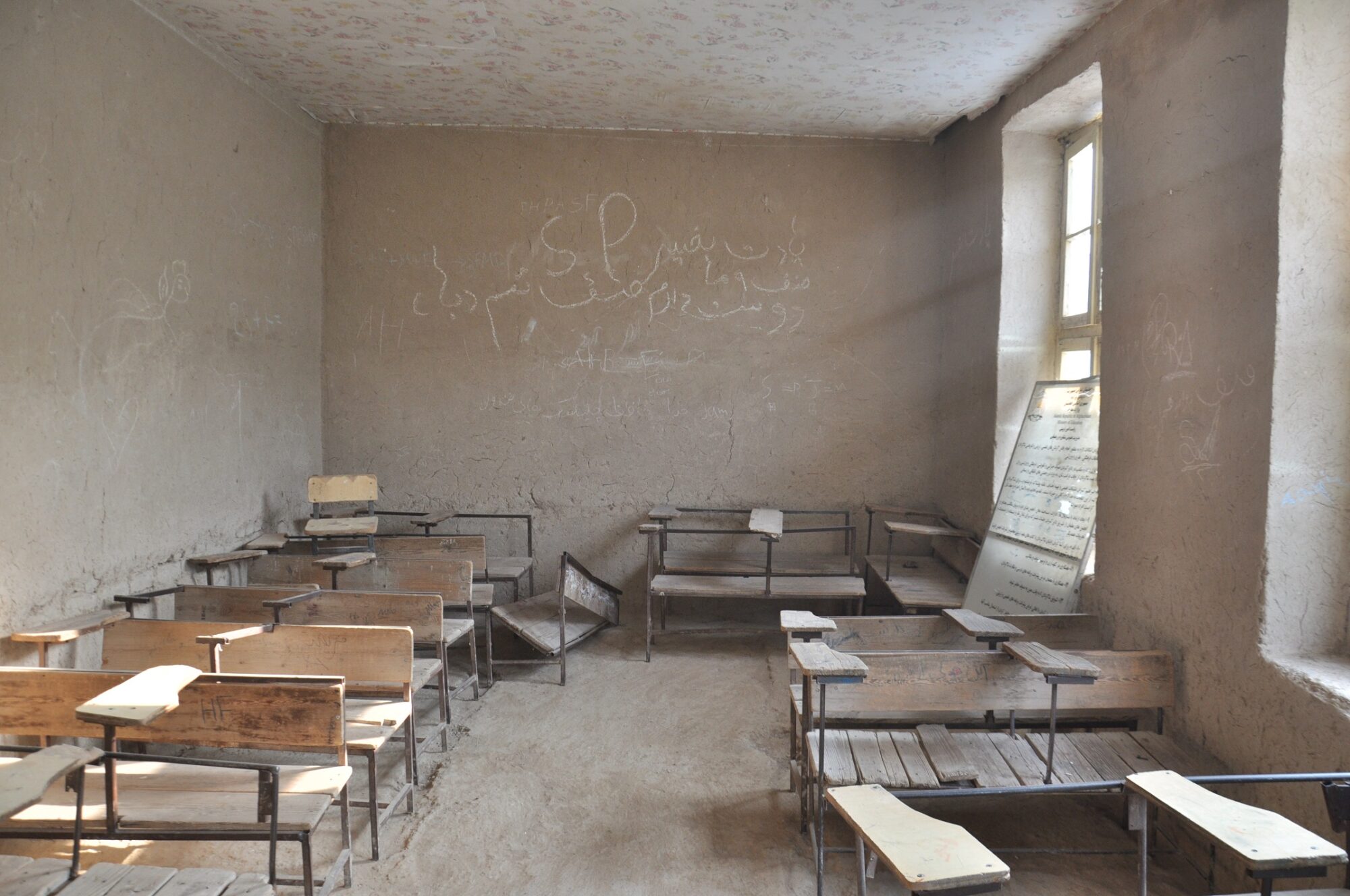 Learn more
Learn more